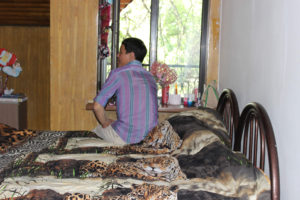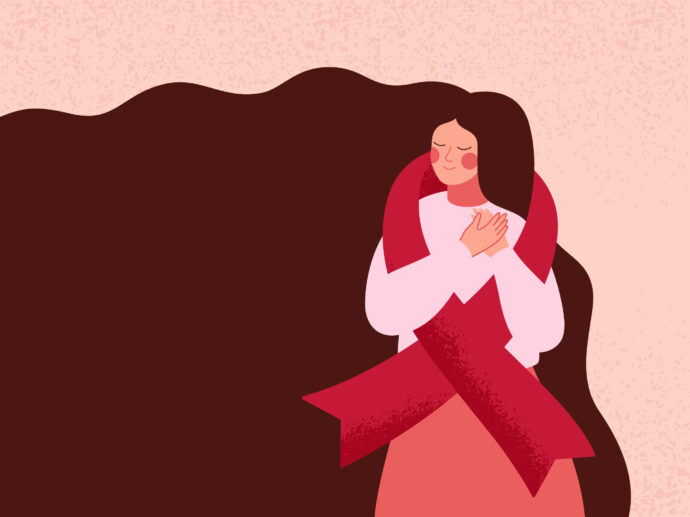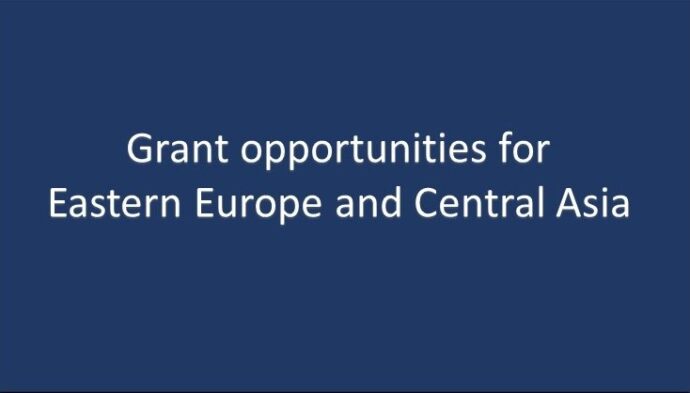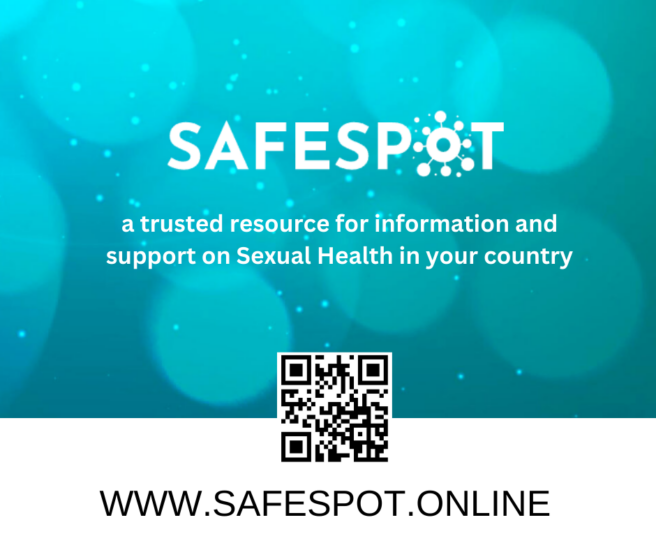
Author: Marina Maximova, Kazakhstan
A month ago, the first Integrated Care Centre for people in difficult life circumstances, called Revenge, was opened in Almaty, Kazakhstan. The centre was established at the initiative of the community of people living with HIV.
Invisible People
People living with HIV (PLWH), people who use drugs (PUD), those who are released from places of confinement… Those people are often left behind and ignored. They are invisible, pinned to the wall of despair, with a trail of problems that remain unresolved for years, not believing that there is a light at the end of the tunnel. Now they know where they can find help. Where they will be understood and will not be neglected. Now the address 14A Omarov Street, Almaty is well known to many people. They pass it on to each other, realizing that for someone it might be the last hope.
“The centre was opened by the community, which is one of the factors attracting the potential clients. Here people can stay overnight or even live for a while until they are able to resolve their most pressing problems. The main thing is that here they are able to get a temporary registration, which is the main barrier in re-issuing the documents, getting “registered” with a healthcare facility, etc. The centre is a unique initiative and its launch was very well timed,” tells Roman Dudnik, Executive Director of AFEW Kazakhstan.
AFEW Kazakhstan supported the idea of opening the Revenge Centre within the Project “Fast-track HIV/TB responses among key populations in cities of Eastern Europe and Central Asia.” Among other initiators – activists of the Kazakhstan Network of Women Living with HIV and the Revenge Social Support Fund.
I reached the lowest point of my life
Director of the newly established centre Yelena Bilokon knows about the lives of people who practice risky behaviours not by hearsay. She was using drugs, lived in the street and has been living with HIV for 22 years. Rehabilitation centres inspired her to start a new free life. She got acquainted with the rehab clients within her community activities. When she saw the premises, the joint work, the support people provided to each other and their enlightened faces, she felt that she wanted to open her own centre.
Timurtau centre was her first success. It is a crisis centre for families called My Home, which provides assistance to many women and their children who are in trouble. The Almaty project is more large-scale.
“We have clients who have not been able to access antiretroviral treatment (ART) and, thus, to reduce their viral load and even go through medical examinations for three years or more. What can we say about migrants if even our citizens cannot receive these services? The same story is with tuberculosis patients who are left without social benefits, which they are entitled to. People are not even able to find jobs. As for children, when they get into crisis situations with their parents, they also need help, sometimes even more than adults,” says Yelena Bilokon, Director of the Kazakhstan Network of Women Living with HIV.
Up to 40 calls a day
In the centre, telephones are ringing all day long. Many people need help. The centre, in fact, is also in need of help. Kitchenware, clothes, bed linen, furniture, food… All these things are brought by good people. There was a call for help in social networks – and a lot of people responded.
Three months ago, the building hosting the centre – a three-story cottage – seemed huge and empty. Now it is filled with voices. 25 people were tested for HIV with rapid tests, 17 found jobs, 11 were examined for hepatitis and tuberculosis. It is not just statistics. Every number symbolises the struggle for someone’s health and life. Every day.
“Opening of such centre offering integrated services for vulnerable populations is an important event for our city. All the crisis centres, which existed before, had their own profiles and worked only with certain populations. People who need help cannot always find a centre offering the necessary services quickly. The Revenge Centre helps everybody,” says Alfia Denebayeva, Deputy Chief Physician of the Almaty AIDS Centre.
Workshops on case management, outreach work, stigma and discrimination delivered by medical professionals and civil society leaders help the centre clients to become volunteers. Recently a youth and adolescent club was opened in the centre, with many guests coming for the opening ceremony. In fact, they are not called guests here – those are our friends and allies, and their number is growing day by day.




